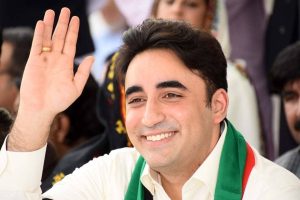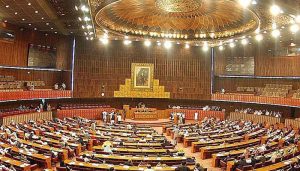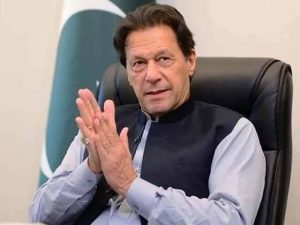Imran Khan Demands Apology, Calls for Key Politicians’ Names to be Added to ECL
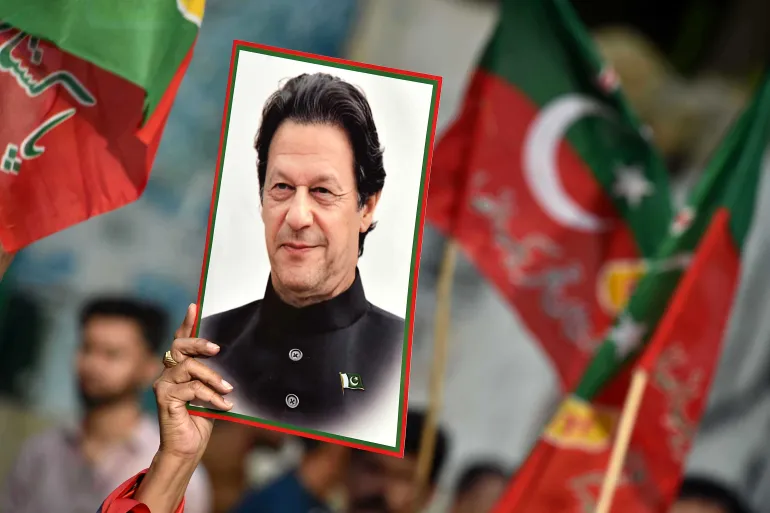
Imran Khan, founder of PTI, demands an apology from ISPR and calls for his, Nawaz Sharif’s, Asif Zardari’s, and Shahbaz Sharif’s names to be added to the ECL. He also alleges illegal abduction by Rangers and criticizes ISPR’s actions.
In a recent informal conversation with journalists in the courtroom, Imran Khan, the founder of Pakistan Tehreek-e-Insaf (PTI), made several significant statements and demands. Khan announced a conditional apology regarding the May 9 incident, contingent on the acknowledgment of responsibility by the involved parties.
Khan criticized the Inter-Services Public Relations (ISPR) for what he perceives as an exclusive claim to honor and demanded an apology for his alleged abduction by Rangers. He asserted that this abduction, which was declared illegal by the Supreme Court, involved physical assault on him and his legal team.
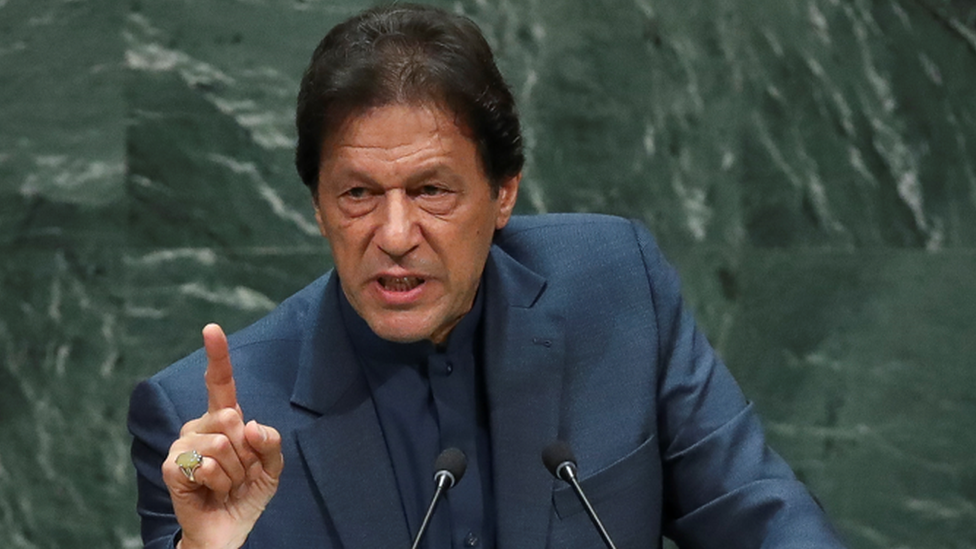
He also condemned the alleged injustices faced by PTI, including the imprisonment of 10,000 of its members and the prohibition of their participation in elections. Khan emphasized that PTI is a victim of these events and is seeking justice, having also reported human rights violations to the Chief Justice.
Khan expressed frustration over the lack of attention to their petition submitted on May 25 and criticized the ISPR’s actions, accusing it of diminishing its own credibility. He claimed that previous leaders, including Nawaz Sharif and Asif Zardari, received favorable treatment under the National Reconciliation Ordinance (NRO), which he believes exacerbates the current political crisis.
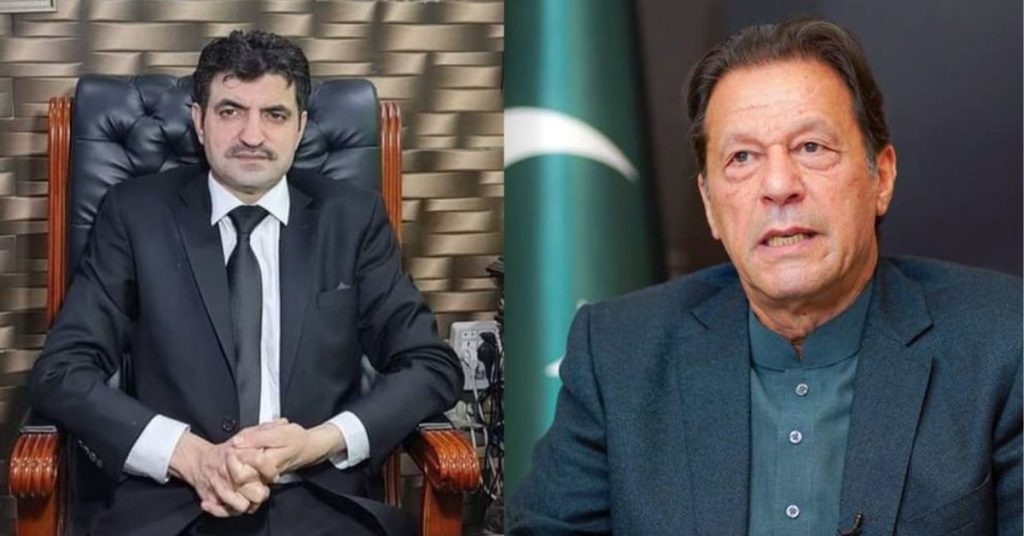
Additionally, Khan demanded that his name, along with those of Nawaz Sharif, Asif Zardari, and Shahbaz Sharif, be added to the Exit Control List (ECL). He also suggested that Mohtarma Naqvi’s wife’s name be included due to her significant property holdings abroad.
In his concluding remarks,Imran Khan warned of potential unrest similar to recent events in Bangladesh and emphasized the need for an impartial review of the ISPR’s actions. He highlighted the stark divide between public sentiment and institutional actions, stressing the importance of protecting national institutions.



